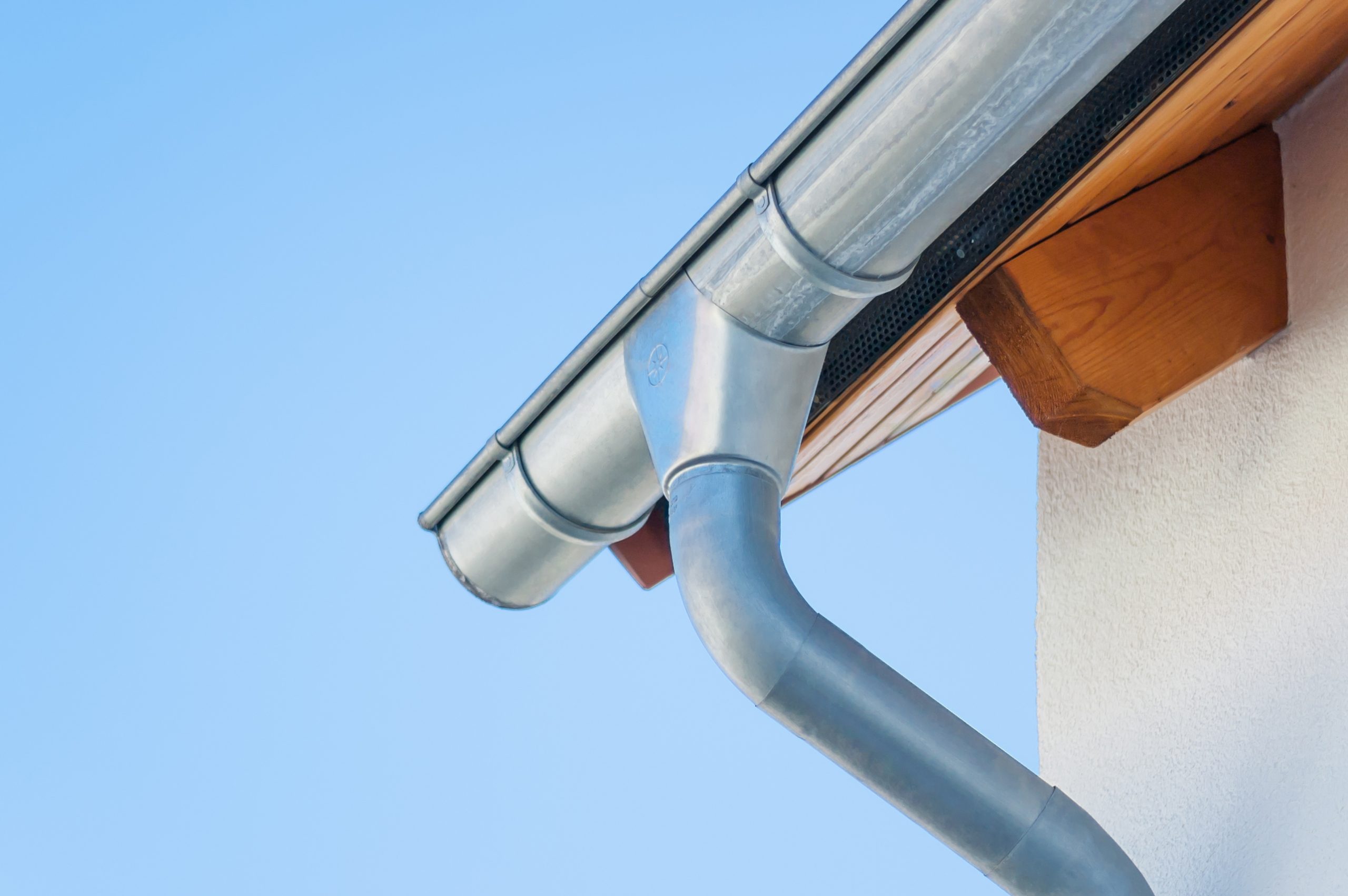

Articles
What Are Gutters Made Out Of
Modified: October 18, 2024
Discover what materials are commonly used to make gutters in this informative article. From aluminum to copper, learn about the different options available.
(Many of the links in this article redirect to a specific reviewed product. Your purchase of these products through affiliate links helps to generate commission for Storables.com, at no extra cost. Learn more)
Introduction
Gutters are an essential part of every residential and commercial building. They play a crucial role in diverting rainwater away from the roof and foundation, preventing water damage, erosion, and potential structural issues. When it comes to choosing gutters for your property, it’s important to consider the material they are made of.
The material of gutters affects their durability, performance, and maintenance requirements. Different materials offer various advantages and disadvantages, so it’s essential to understand the characteristics of each type to make an informed decision.
In this article, we will explore some of the most common materials used for gutters, including aluminum, copper, vinyl, steel, zinc, and galvanized, and discuss the pros and cons of each. By the end, you will have a better understanding of the options available to help you choose the right material for your gutter system.
Key Takeaways:
- Choose aluminum gutters for a cost-effective, low-maintenance option with excellent resistance to rust and corrosion. Their versatility and durability make them a popular choice for most homeowners.
- Opt for copper gutters if you value unparalleled beauty and longevity. While they come at a higher cost, their unique patina and durability add elegance and character to any property.
Read more: What Is Grass Made Out Of
Aluminum Gutters
Aluminum gutters are one of the most popular choices for residential and commercial properties. They offer a perfect balance of durability, affordability, and versatility. Aluminum gutters are lightweight, making them easy to install and less likely to sag over time.
One of the main advantages of aluminum gutters is their resistance to rust and corrosion. Unlike traditional steel gutters, aluminum does not rust, which makes them an excellent choice for areas with high humidity or near the coast. They can withstand harsh weather conditions, including heavy rainfall and snow, without deteriorating.
Additionally, aluminum gutters require minimal maintenance. They do not need to be painted or sealed, as the material naturally resists fading and chipping. This saves you time and money in the long run since you won’t have to worry about repainting or refinishing your gutters.
Aluminum gutters also come in various styles and colors, allowing you to match them to the aesthetics of your home. You can choose from seamless aluminum gutters or sectional gutters, depending on your preferences and budget.
However, it’s important to note that aluminum gutters may not be as durable as some other materials. They can dent or bend if hit by heavy objects, such as falling branches. While this can be easily fixed by replacing the damaged section, it’s something to keep in mind if your property is located in an area prone to severe storms or tree branches.
In summary, aluminum gutters offer excellent durability, resistance to corrosion, and low maintenance requirements. They are a cost-effective option for most homeowners and provide a wide range of styles and colors to choose from.
Copper Gutters
Copper gutters are known for their unmatched beauty and elegance. They have been used in architectural design for centuries, and their popularity continues to grow due to their aesthetic appeal and durability.
One of the most significant advantages of copper gutters is their longevity. Copper is a highly durable material that can withstand extreme weather conditions and last for several decades. Unlike other materials, copper develops a natural patina over time, giving it a unique and distinctive look that adds character to any property.
Copper gutters are also corrosion-resistant, making them an excellent choice for homes located near the ocean or in areas with high humidity. This means they won’t rust or deteriorate, ensuring a long lifespan with minimal maintenance.
Another advantage of copper gutters is their ability to handle large volumes of water. Copper has excellent water carrying capacity, making it ideal for areas prone to heavy rainfall. This helps to prevent overflowing and potential water damage to the roof or foundation of the building.
However, one consideration when choosing copper gutters is the cost. Copper is a premium material, making copper gutters more expensive than other options. The initial investment may be higher, but the long-term value and aesthetic appeal of copper gutters can outweigh the higher price tag for some homeowners.
It’s worth noting that copper gutters require professional installation to ensure a proper fit and to maximize their performance. Additionally, copper gutters can be more challenging to repair if damaged, requiring specialized knowledge and skills.
In summary, copper gutters offer unparalleled beauty, durability, and resistance to corrosion. While they may come at a higher cost, their unique appearance and long lifespan make them a worthwhile investment for homeowners who value both functionality and aesthetics.
Vinyl Gutters
Vinyl gutters have gained popularity in recent years due to their affordability and ease of installation. They are made from PVC (polyvinyl chloride) material, which is lightweight and resistant to rust and corrosion.
One of the main advantages of vinyl gutters is their low cost. They are significantly cheaper compared to other gutter materials, making them an attractive option for homeowners on a budget. Additionally, the installation of vinyl gutters is relatively simple, making it a popular choice for DIY enthusiasts.
Another benefit is the low maintenance requirements of vinyl gutters. They do not require painting or sealing like some other materials. Vinyl is also resistant to fading, chipping, and denting, ensuring your gutter system maintains its appearance with minimal effort.
Vinyl gutters are also resistant to rust and corrosion, making them suitable for all types of environments, even those with high humidity or coastal areas. They are designed to withstand harsh weather conditions and can effectively channel water away from your home, helping to prevent water damage.
However, there are some considerations to keep in mind when choosing vinyl gutters. One is their durability. While vinyl gutters are durable in normal conditions, they may not be as strong as other materials when exposed to extreme temperatures or heavy impact. Strong winds or falling debris can cause vinyl gutters to crack or break, requiring replacements.
In addition, vinyl gutters are available in limited colors and styles compared to other materials. If aesthetics are a significant factor in your decision, you may find the options for vinyl gutters to be more limited in terms of customization.
In summary, vinyl gutters are a cost-effective option that provides low maintenance and resistance to rust and corrosion. They are easy to install and suitable for various climates. However, they may be less durable compared to other materials and have limited aesthetic choices.
Steel Gutters
Steel gutters are known for their exceptional strength and durability. They are typically made from galvanized steel or stainless steel, both of which offer unique advantages.
Galvanized steel gutters are coated with a layer of zinc to protect against rust and corrosion. This coating extends the lifespan of the gutters, making them suitable for areas with high humidity or exposure to saltwater. Galvanized steel gutters are also resistant to impact, making them less prone to denting or damage from falling debris.
Stainless steel gutters, on the other hand, are highly resistant to rust and corrosion due to their chromium content. They are extremely durable and can withstand harsh weather conditions, making them an excellent choice for both residential and commercial properties.
Both galvanized steel and stainless steel gutters offer exceptional strength, making them ideal for areas with heavy rainfall or where the gutters may need to support significant weight, such as snow accumulation. They can carry large volumes of water without sagging or overflowing, ensuring effective water drainage.
One consideration with steel gutters is their higher cost compared to other materials. The durability and long lifespan of steel gutters can justify the initial investment for some homeowners, but it may be a deterrent for those on a tight budget.
Steel gutters, particularly galvanized steel, may require regular maintenance to ensure they remain in top condition. This may include periodically checking for any signs of rust or damage, and applying a new coat of paint or sealant to prevent corrosion. Stainless steel gutters, on the other hand, require minimal maintenance due to their corrosion-resistant properties.
When it comes to aesthetics, steel gutters can be painted to match the color scheme of your property. This allows for customization and coordination with your exterior design.
In summary, steel gutters offer exceptional durability, strength, and resistance to rust and corrosion. They are suitable for areas with heavy rainfall or harsh weather conditions. However, the higher cost and maintenance requirements may be considerations for some homeowners.
Gutters are commonly made from materials such as aluminum, vinyl, steel, and copper. Each material has its own benefits and drawbacks, so consider factors like durability, cost, and maintenance when choosing the right gutter material for your home.
Read more: What Is Brick Made Out Of
Zinc Gutters
Zinc gutters are becoming increasingly popular in the world of gutter materials due to their unique characteristics and longevity. Zinc gutters are made from a zinc alloy, typically referred to as “zincalume” or “zinc-plated steel.”
One of the standout features of zinc gutters is their exceptional resistance to corrosion. Zinc is naturally self-protective, forming a protective layer known as zinc oxide or zinc carbonate. This layer acts as a barrier against the elements, preventing rusting and extending the lifespan of the gutter system.
Furthermore, zinc gutters have an attractive appearance that develops over time. Initially, they have a shiny, metallic appearance, but as the zinc reacts with the environment, it begins to develop a subtle and beautiful patina. This patina is highly sought after for its unique charm and enhances the aesthetic appeal of the property.
In addition to their durability and beauty, zinc gutters are known for their ease of maintenance. They require minimal upkeep, as the natural patina that forms on the surface actually helps protect the gutters from damage. This makes them an excellent choice for homeowners looking for a low-maintenance solution.
Another advantage of zinc gutters is their environment-friendly nature. Zinc is a recyclable material, making it an eco-conscious choice for those who prioritize sustainability. Additionally, the natural patina that develops on zinc gutters acts as a barrier against algae and moss growth, reducing the need for chemical treatments.
However, it’s important to note that zinc gutters tend to be more expensive compared to other materials. The higher cost is justified by their longevity and the aesthetic value they add to the property. Additionally, zinc gutters can be more challenging to install due to their unique properties, so professional installation is often recommended.
In summary, zinc gutters offer exceptional corrosion resistance, a unique and attractive aged appearance, low maintenance requirements, and eco-friendly characteristics. Although they may have a higher initial cost, their longevity and aesthetic value make them an excellent investment for homeowners seeking a durable and visually appealing gutter system.
Galvanized Gutters
Galvanized gutters are a popular choice for homeowners due to their affordability and durability. They are made from steel coated with a layer of zinc, which provides excellent protection against rust and corrosion.
The zinc coating on galvanized gutters acts as a sacrificial barrier, corroding over time instead of the underlying steel. This helps to extend the lifespan of the gutters, making them suitable for areas with high humidity or exposure to saltwater.
Galvanized gutters are known for their strength and ability to handle heavy rainfall. They offer superior resistance to impact, making them less prone to denting or damage from falling debris. This makes them a suitable choice for areas prone to storms or regions with significant tree coverage.
One of the main advantages of galvanized gutters is their cost-effectiveness. They are generally more affordable compared to other gutter materials, making them an attractive option for homeowners on a budget.
However, it’s important to consider the maintenance requirements of galvanized gutters. Over time, the zinc coating may wear off or become damaged, leading to rusting. To prevent this, regular inspection and maintenance are necessary. This may involve applying a new layer of zinc coating or a specialized paint to protect the gutters from further corrosion.
In terms of aesthetics, galvanized gutters have a classic, industrial look. They can add a touch of character to both modern and traditional homes. However, if you prefer a more customized color or style, galvanized gutters may not offer as many options compared to other materials.
In summary, galvanized gutters provide a cost-effective and durable solution for homeowners. They offer excellent resistance to rust and corrosion, making them suitable for various climates. Regular maintenance is necessary to ensure their longevity and performance over time.
Choosing the Right Material for Your Gutters
When it comes to selecting the material for your gutters, there are several factors to consider. Understanding the advantages and disadvantages of each option will help you make an informed decision that suits your needs and budget. Here are some key factors to consider:
1. Durability: Consider the climate and weather conditions in your area. If you live in an area prone to harsh weather, such as heavy rain or snowstorms, you may want to choose a material that offers exceptional durability and strength, such as steel or copper.
2. Maintenance Requirements: Think about how much time and effort you are willing to invest in maintaining your gutters. Some materials, like vinyl and aluminum, require minimal maintenance and are resistant to chipping, fading, and rust. Others, like galvanized and zinc gutters, may need regular inspections and occasional maintenance to prevent corrosion.
3. Aesthetic Appeal: Consider the overall look and style of your home. Different materials offer various options for customization, including color and style choices. Copper gutters, for example, develop a unique patina over time, adding a touch of elegance and charm to the property.
4. Budget: Determine your budget for gutter installation. Materials such as vinyl and aluminum tend to be more affordable, while copper and stainless steel gutters are typically more expensive. It’s important to strike a balance between your desired material and your budget.
5. Environmental Factors: Consider the environmental impact of your gutter material choice. Some materials, like zinc and steel, are recyclable, making them more sustainable choices. Additionally, certain materials may be more resistant to algae or moss growth, reducing the need for chemical treatments.
6. Professional Installation: Some gutter materials, like copper or zinc, may require professional installation due to their unique properties. Others, such as vinyl or aluminum, can be easily installed as a DIY project.
By considering these factors, you can choose the right material for your gutters that meets your specific needs and preferences. Whether you prioritize durability, low maintenance, aesthetics, budget, or eco-friendliness, there is a gutter material that’s perfect for you.
Conclusion
Choosing the right material for your gutters is a crucial decision that can have a significant impact on the overall functionality and aesthetics of your property. Each gutter material has its own advantages and considerations, and understanding them will help you make an informed choice.
If durability and low maintenance are your top priorities, aluminum gutters may be the ideal choice. They offer excellent resistance to rust and corrosion, are lightweight, and require minimal upkeep.
For those seeking unparalleled beauty and longevity, copper gutters are a popular option. While they come with a higher price tag, the unique patina they develop over time adds a touch of elegance to any home or building.
If affordability is your main consideration, vinyl gutters offer a cost-effective solution. They are easy to install, low maintenance, and come in a range of colors, although they may not provide the same durability as other materials.
Steel and zinc gutters provide exceptional strength and resistance to harsh weather conditions. They are suitable for areas with heavy rainfall or where the gutters may support significant weight, but they may come at a higher cost compared to other materials.
Ultimately, the right material choice for your gutters will depend on your specific needs, budget, and personal preferences. It’s essential to carefully evaluate each material’s pros and cons and consider factors like durability, maintenance requirements, aesthetics, and environmental impact.
Remember to prioritize professional installation, especially for materials like copper or zinc that require specialized knowledge and skills. This will ensure that your gutter system is installed correctly and performs optimally.
By making a well-informed decision, you can ensure that your gutters effectively protect your home or building from water damage, enhance its overall appearance, and provide peace of mind for years to come.
Frequently Asked Questions about What Are Gutters Made Out Of
Was this page helpful?
At Storables.com, we guarantee accurate and reliable information. Our content, validated by Expert Board Contributors, is crafted following stringent Editorial Policies. We're committed to providing you with well-researched, expert-backed insights for all your informational needs.
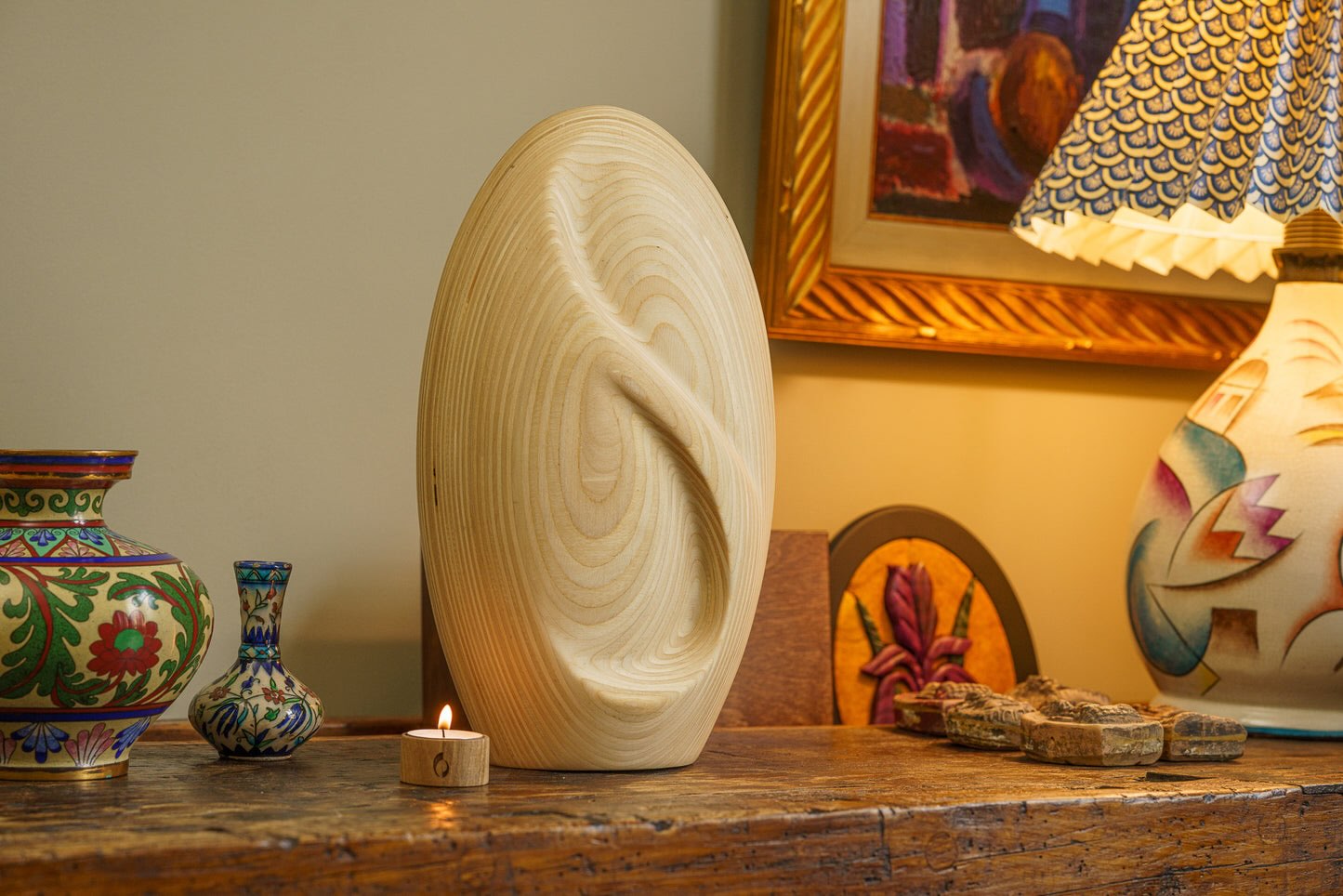

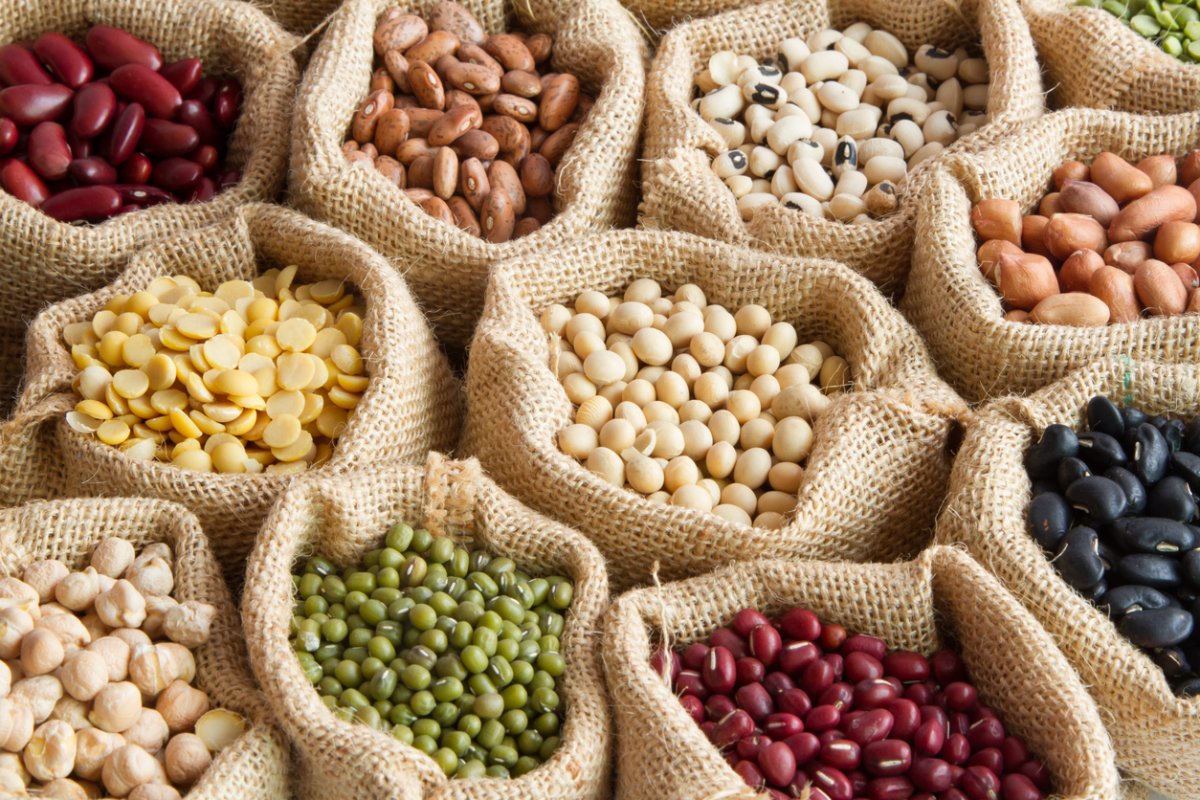

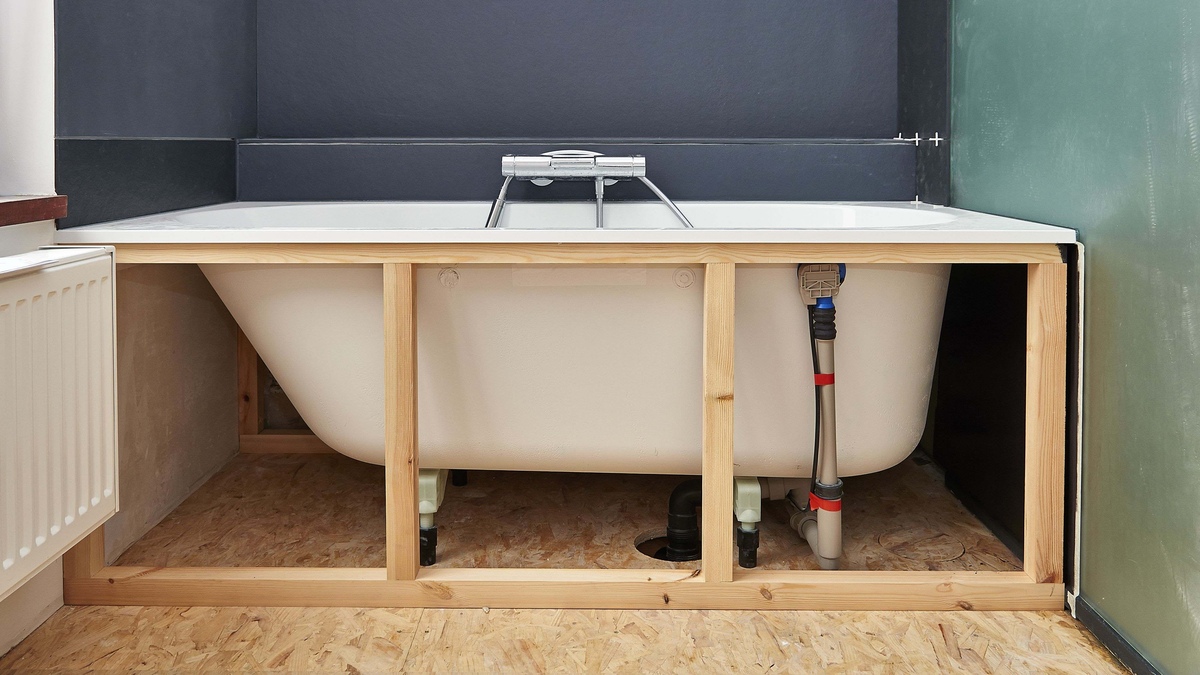
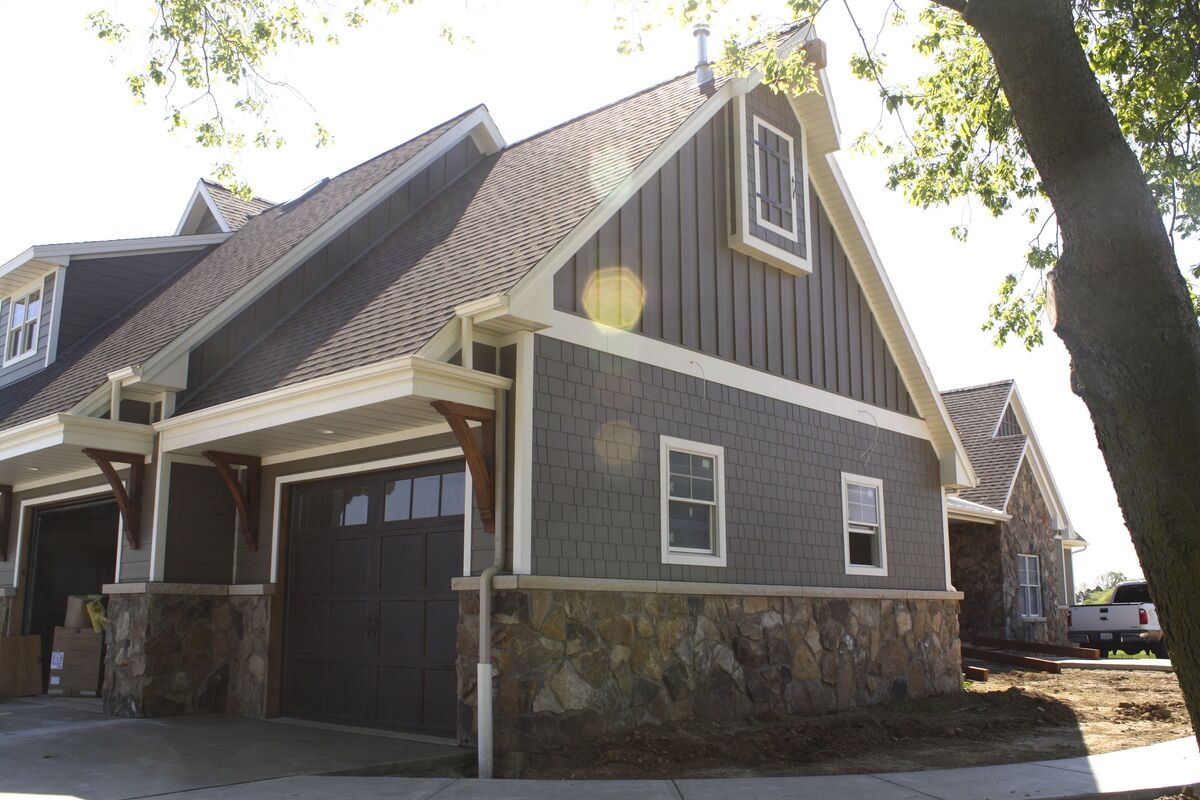
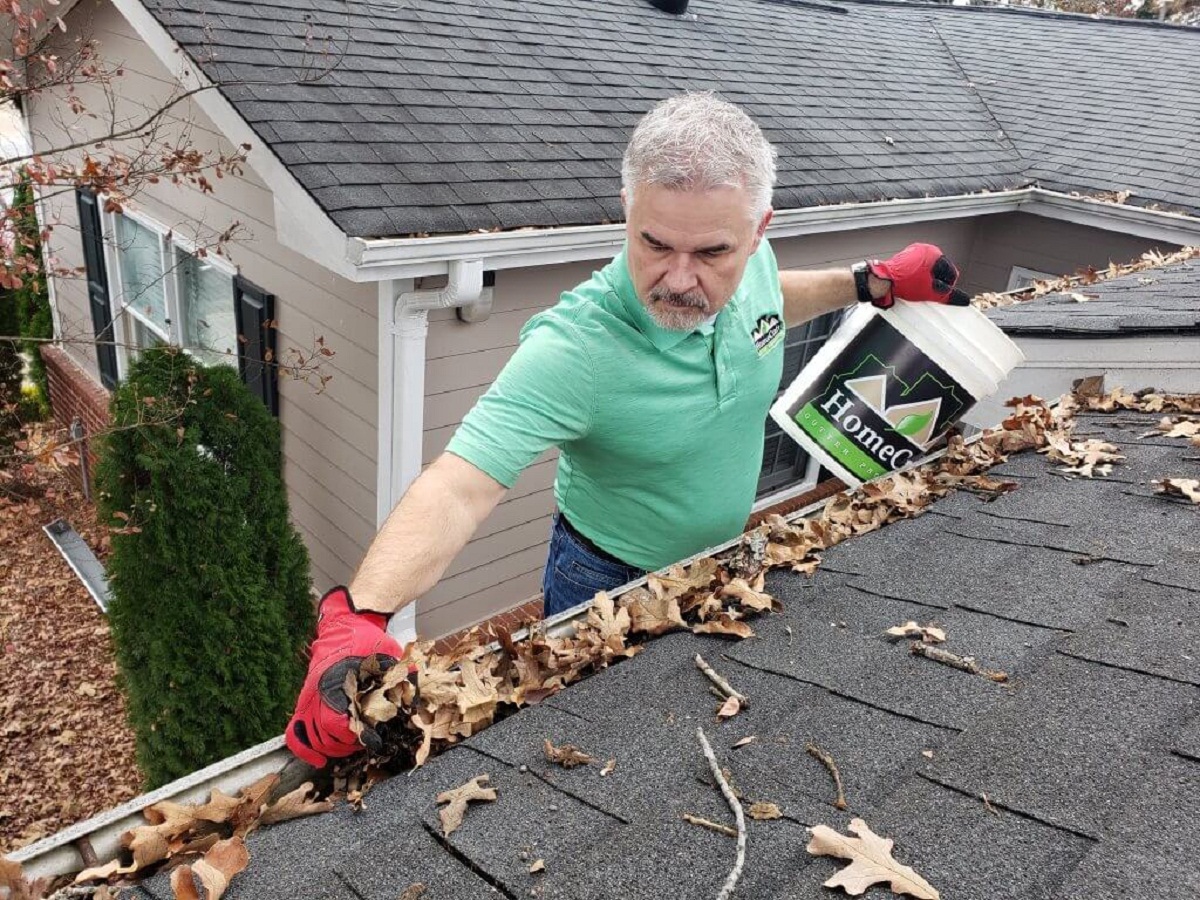
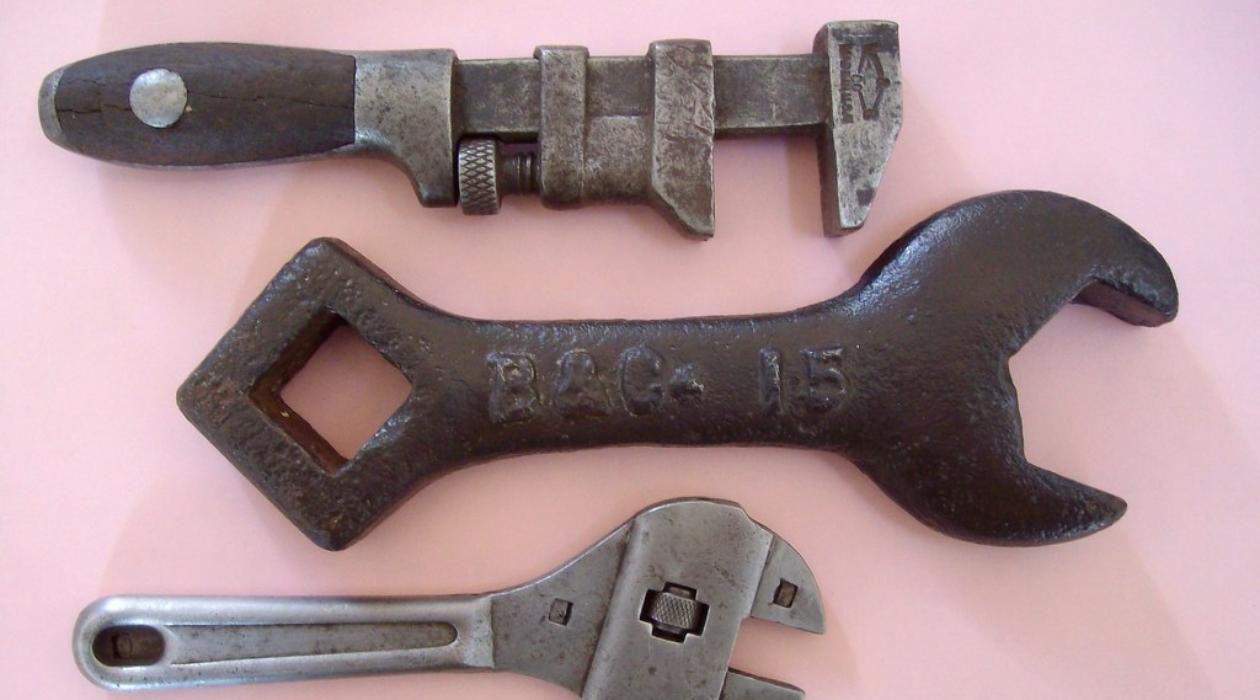
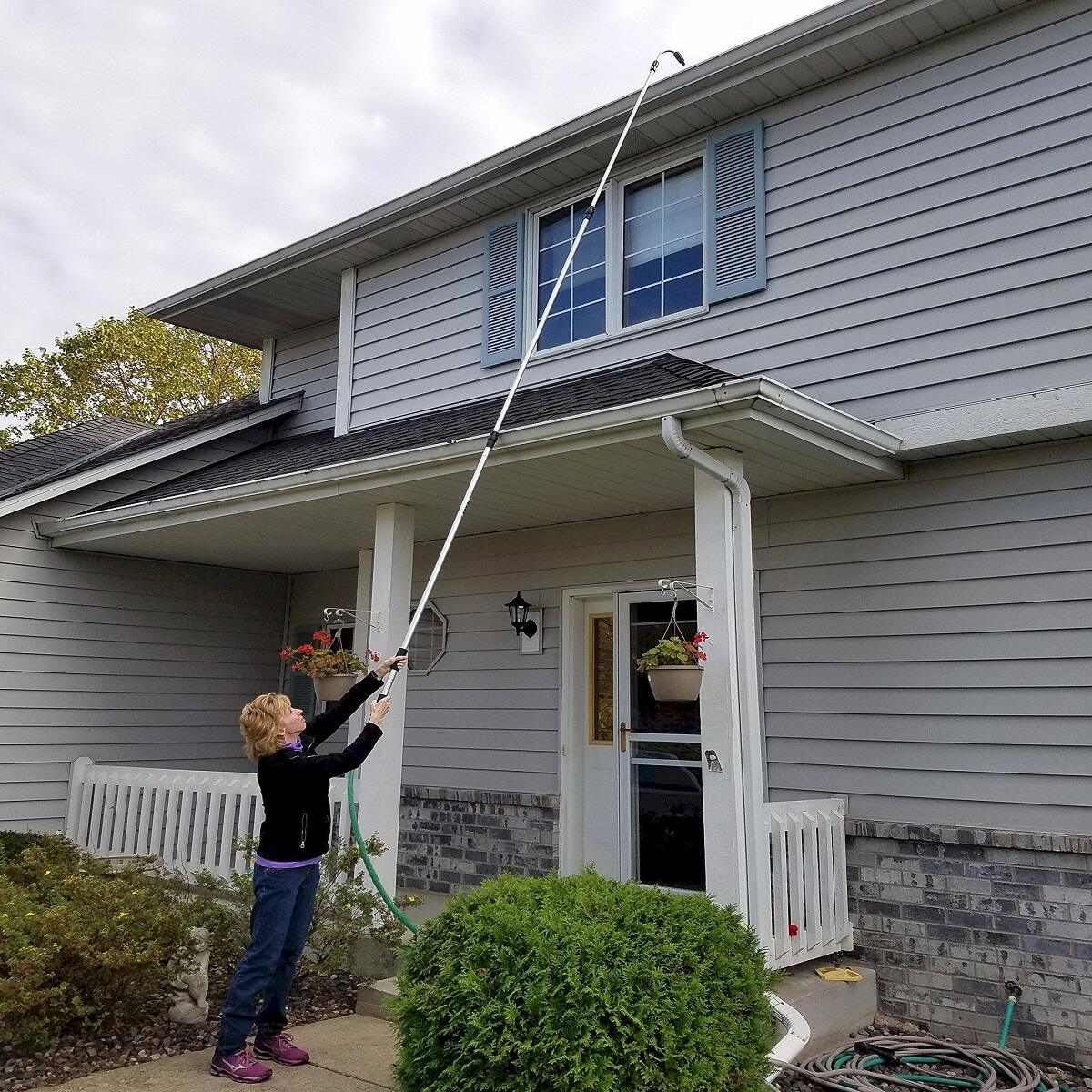
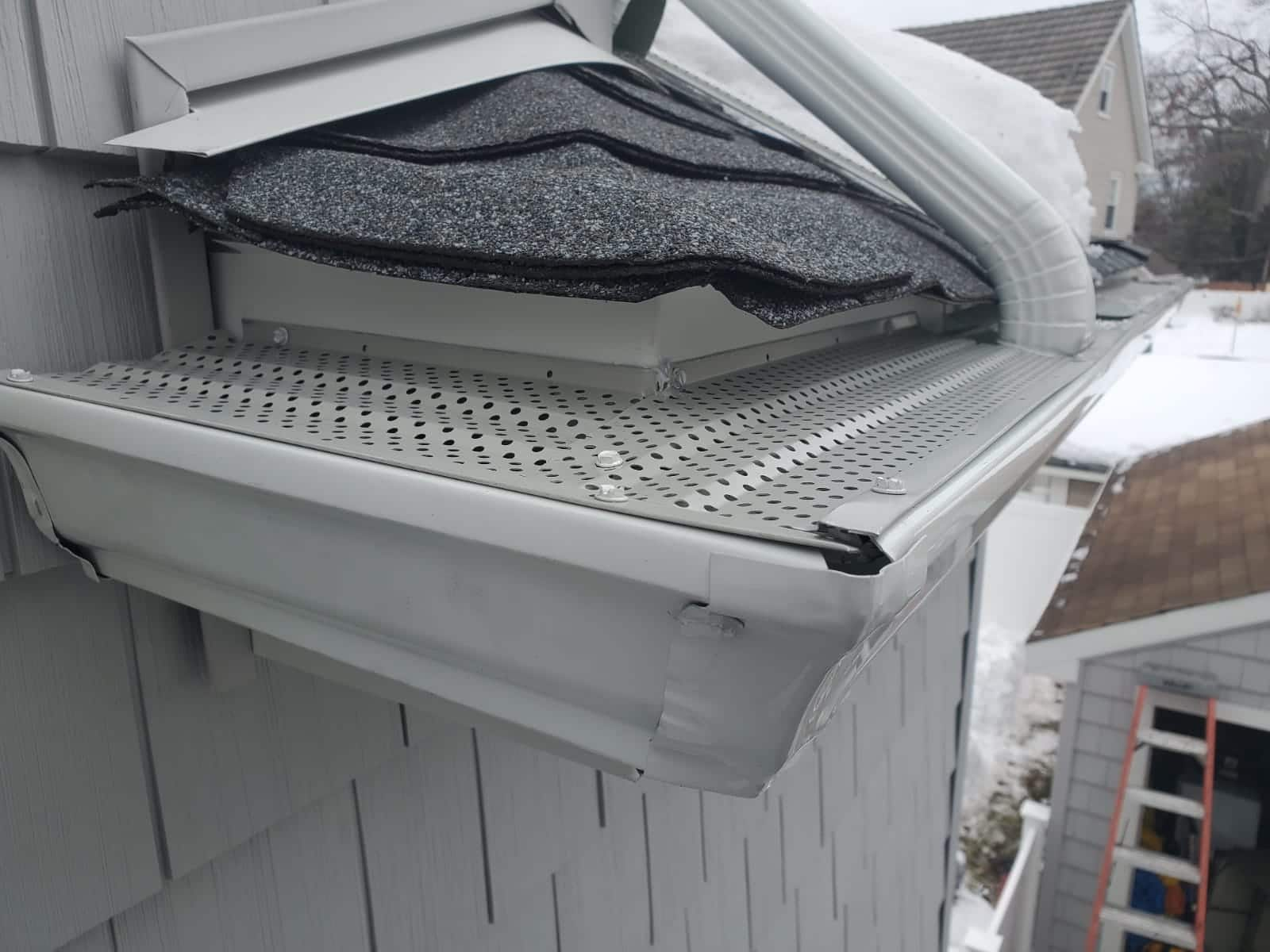
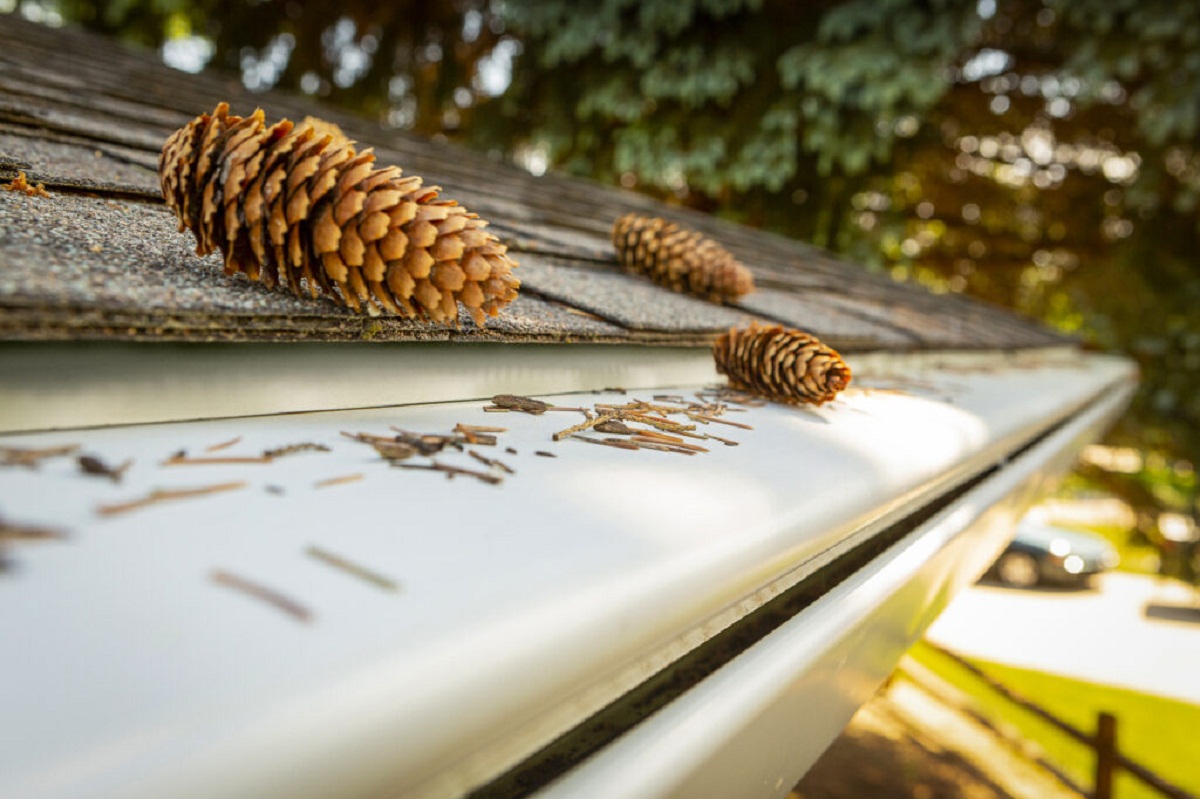
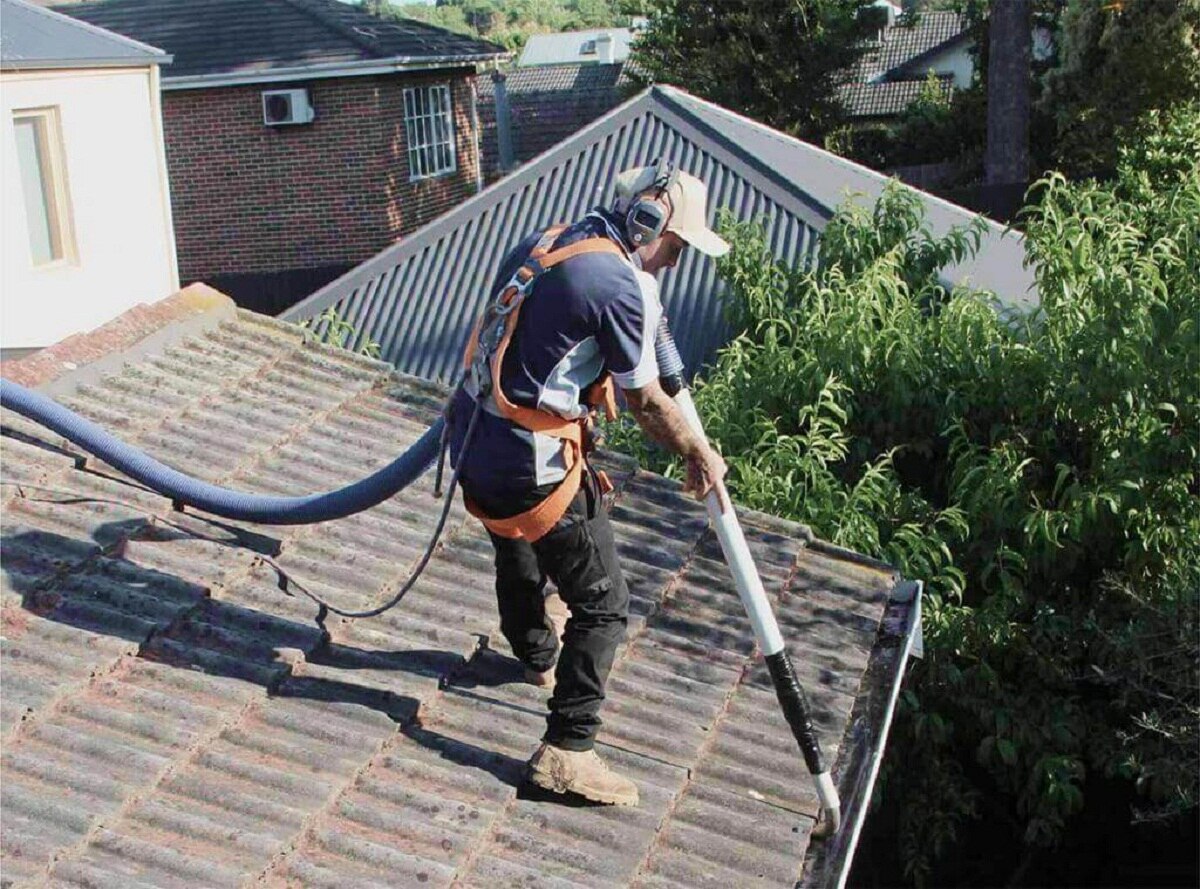
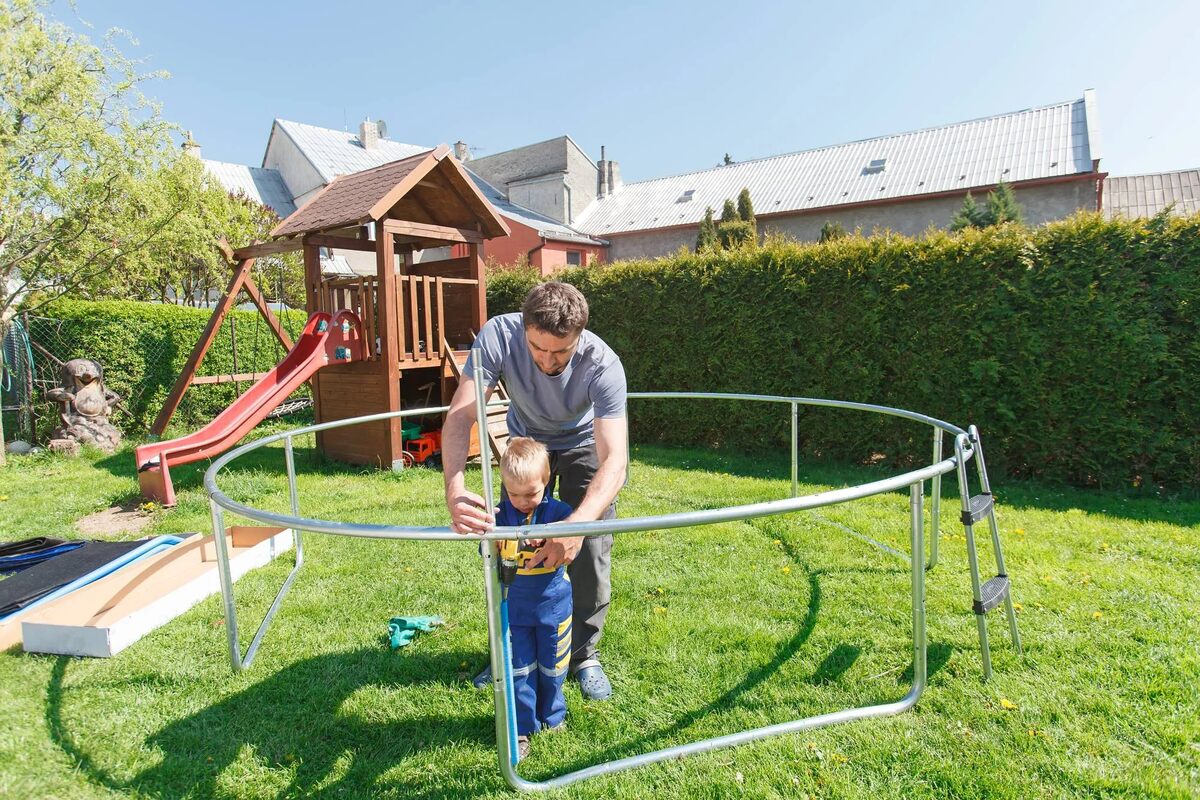
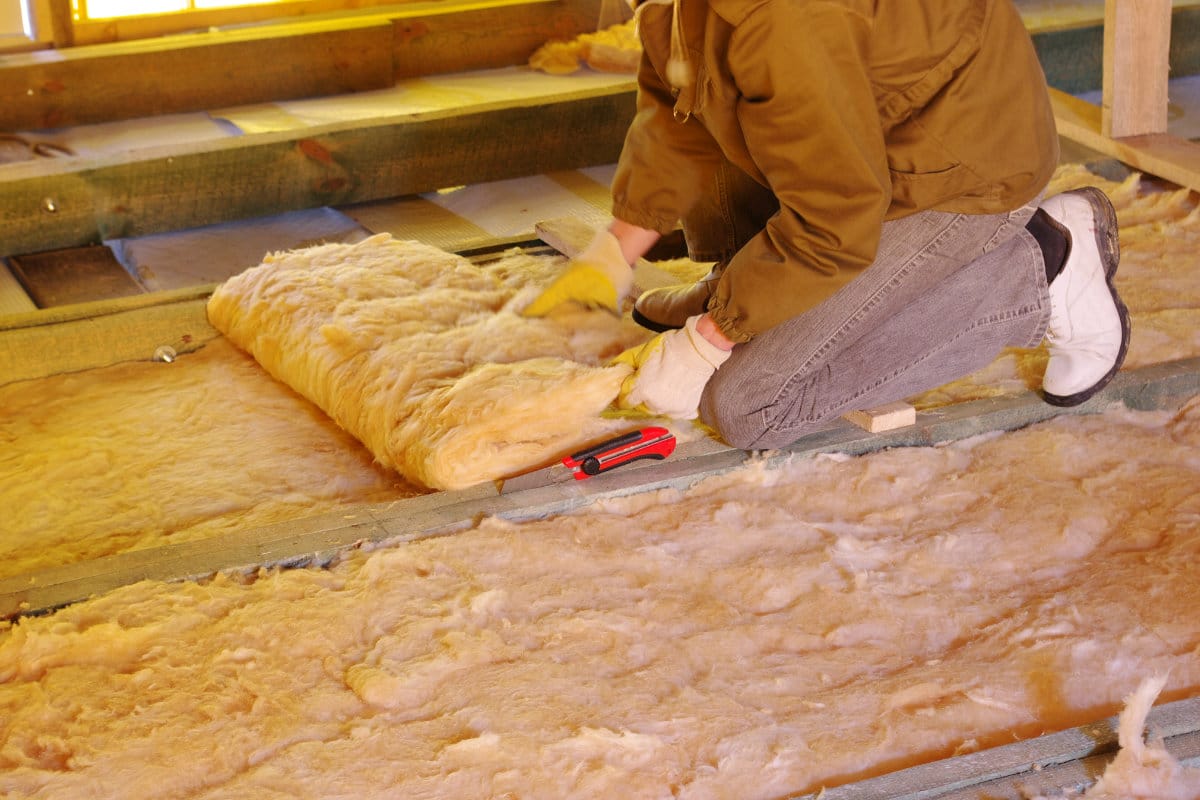

0 thoughts on “What Are Gutters Made Out Of”